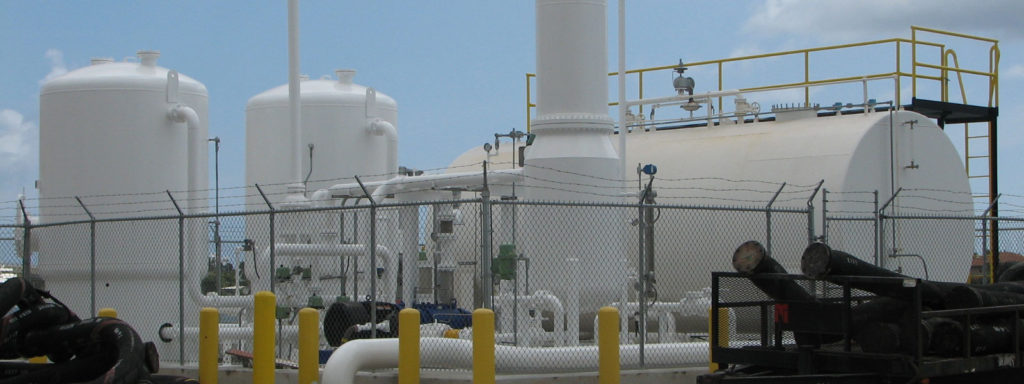Engineering Sewer Discharges

In this blog post, we continue our series on environmental engineering for industrial wastewater. Specifically, we discuss engineering sewer discharges for acceptance at off-site sewer plants. On the other hand, we do not address discharges to surface waters, on-site treatment facilities, or ground water.
How do you use engineering to clean up your industrial wastewater before discharging it? First, perform a mass balance calculation. To explain, identify and quantify all chemicals and materials. Basically, mass balance means what goes in must come out. Secondly, list the waste water’s chemical properties. Finally, determine if the discharge is acceptable to the sewer plant. And that is very important. Why? Because the U.S. Environmental Protection Agency (EPA, www.epa.gov) requires it. But the County usually enforces it. How? By using a Sewer Use Ordinance.
Engineering Sewer Discharges?
There are good reasons to worry about engineering sewer discharges from your plant. For starters, the discharge could be toxic. As a result, it could kill micro-organisms at the treatment plant. What’s more, the discharge might be flammable or explosive. As a result, it could cause a fire or explosion at the plant. Additionally, it could cause the sewer plant’s discharge to pollute surface or ground water. Finally, it could violate the County Sewer Use Ordinance. Consequently, your plant could get bad publicity and be fined.
Will They Know Where the Toxic Sewer Discharge is Coming from?
The County may not know where the toxic sewer discharge is coming from but they can do sewer discharge tracing to find out. First, they inspect and test the wastewater at lift stations. Second, they use the results to identify which lift station is causing the problem. Third, they determine which plants discharge to that lift station. Fourth, they decide which plant is the most likely suspect. Fifth, they knock on your door, ask questions, and test your discharge. It is not that difficult!
Clean Up the Sewer Discharge
So, before the County comes knocking, clean up your sewer discharge. First, read the County Sewer Use Ordinance closely. Second, determine if banned chemicals could be in your discharge. If so, test the discharge. If the results confirm a problem, you are dead in the water, right? No, now explore the following treatment options:
- Change the process
- Substitute chemicals
- Remove hazardous wastes
- Pre-treat the sewer discharge
- Get help from an environmental engineer or the County
After you have fixed the problem, run a bench scale test on the sewer discharge. Good results mean start the treatment. Bad results mean you adjust the treatment, retest, and then start the treatment.
 So, there is a discussion of the engineering sewer discharges of industrial wastewater! If you need any assistance, ESC (www.escflorida.com) is here. We are a Florida licensed environmental engineering firm with a P.E. on staff. We have the credentials and experience to help you with your engineering sewer discharges. Contact us today (https://www.escflorida.com/contact/). We strive to reply to all contacts promptly!
So, there is a discussion of the engineering sewer discharges of industrial wastewater! If you need any assistance, ESC (www.escflorida.com) is here. We are a Florida licensed environmental engineering firm with a P.E. on staff. We have the credentials and experience to help you with your engineering sewer discharges. Contact us today (https://www.escflorida.com/contact/). We strive to reply to all contacts promptly!

